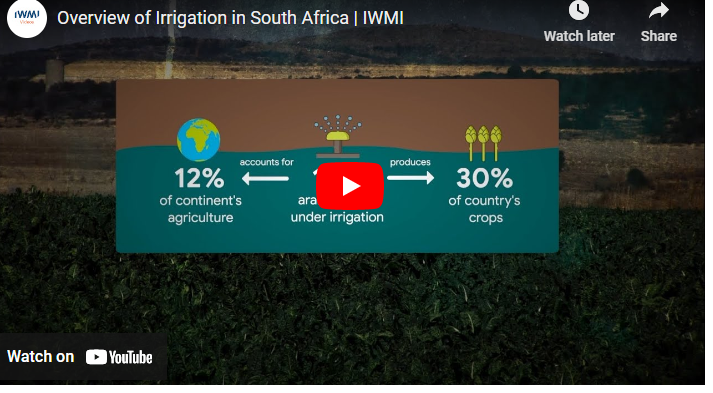Tomatoes are a popular addition to the garden, but growing a successful crop requires the right fertilizer. There are many types of fertilizers available, but the best ones for tomatoes contain nitrogen, phosphorous, and potassium. Here is a list of the 15 best fertilizers for tomatoes.
The best organic fertilizer you can apply to tomatoes farm are Superglow, poultry droppings, and composts manure. While the best inorganic fertilizer include NPK 14:14
15 Best Fertilizers To Grow Tomatoes [Organic & Inorganic Fertilizer]
1. Compost:
Compost is an excellent fertilizer for tomatoes and other plants. It is made up of decayed organic matter, and it contains many essential nutrients that plants need. Compost improves soil fertility, texture, and drainage. It also helps retain moisture and suppress plant diseases.
2. Blood Meal:
Blood meal is a nitrogen-rich organic fertilizer that is made from animal blood. It helps promote healthy growth and provides essential nutrients for tomatoes. Blood meal should be applied in the early spring before planting.
3. Fish Emulsion:
Fish emulsion is a liquid fertilizer made from fish parts and it is high in nitrogen, phosphorous, and potassium. It is a great fertilizer for tomatoes and other vegetables as it helps promote vigorous growth and larger yields.
4. Bat Guano:
Bat guano is a natural fertilizer made from bat droppings. It is high in nitrogen, phosphorous, and potassium and it helps promote healthier, larger, and more flavorful tomatoes.
5. Bone Meal:
Bone meal is an natural fertilizer made from animal bones and it is high in phosphorous. It helps promote root growth and larger, healthier tomatoes.
6. Alfalfa Meal:
Alfalfa meal is a natural fertilizer made from alfalfa and it is high in nitrogen and potassium. It helps promote lush foliage and larger yields.
7. Cottonseed Meal:
Cottonseed meal is a natural fertilizer made from cottonseed and it is high in nitrogen. It helps promote strong stems and larger, healthier tomatoes.
8. Seaweed Meal:
Seaweed meal is a natural fertilizer made from seaweed and it is high in nitrogen, phosphorous, and potassium. It helps promote stronger plants and larger yields.
9. Wood Ash:
Wood ash is a natural fertilizer made from wood ash and it is high in potassium. It helps promote larger, healthier tomatoes and larger yields.
10. Earthworm Castings:
Earthworm castings are natural fertilizer made from earthworm droppings and it is high in nitrogen and phosphorous. It helps promote healthier plants and larger yields.
11. Compost Tea:
Compost tea is a liquid fertilizer made from compost and it is high in nitrogen, phosphorous, and potassium. It helps promote healthier plants and larger yields.
12. Worm Castings Tea:
Worm castings tea is a liquid fertilizer made from worm castings and it is high in nitrogen, phosphorous, and potassium. It helps promote healthier plants and larger yields.
13. Fish & Seaweed Extract:
Fish & seaweed extract is a liquid fertilizer made from fish and seaweed and it is high in nitrogen, phosphorous, and potassium. It helps promote healthier plants and larger yields.
14. Fireweed Extract:
Fireweed extract is a liquid fertilizer made from fireweed and it is high in potassium. It helps promote larger, stronger tomatoes and larger yields.
15. Rock Dust:
Rock dust is a natural fertilizer made from rock particles and it is high in trace minerals. It helps promote healthier plants and larger yields.
Conclusion
No matter which of these fertilizers you choose, it is important to apply them in the right amounts and at the right times. Too much fertilizer can cause nutrient imbalances, while too little can lead to poor yields. It is also important to use fertilizers that are specifically formulated for tomatoes, as they contain the right balance of nutrients for the best results.



